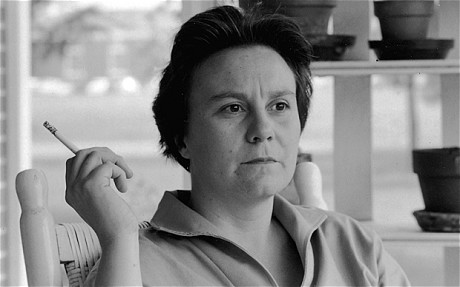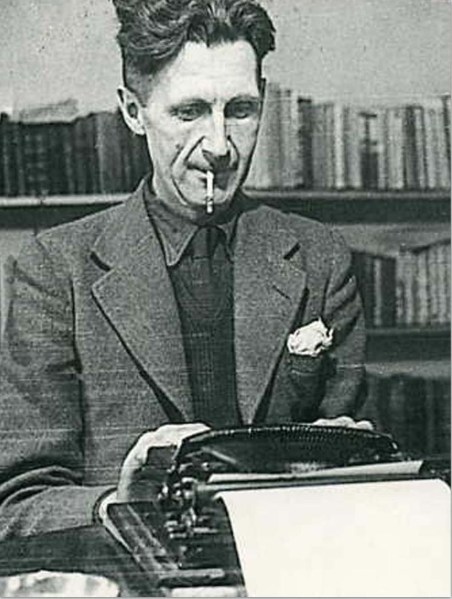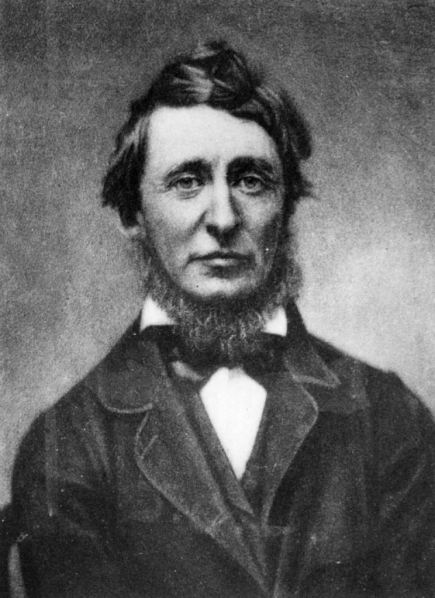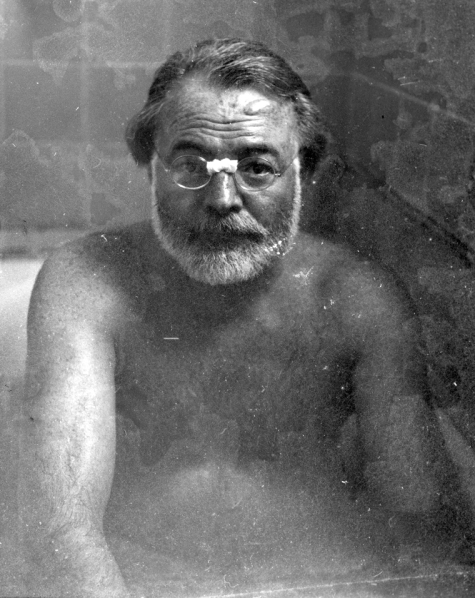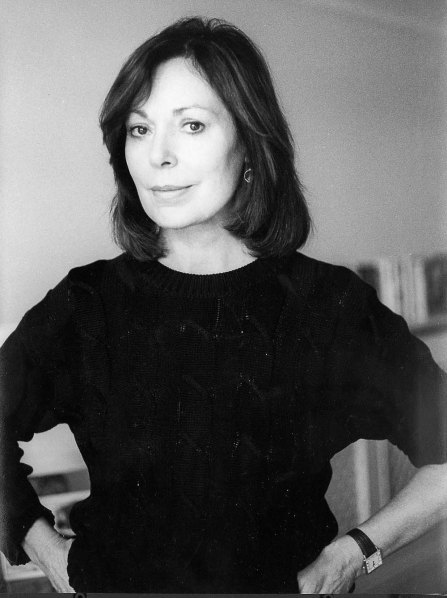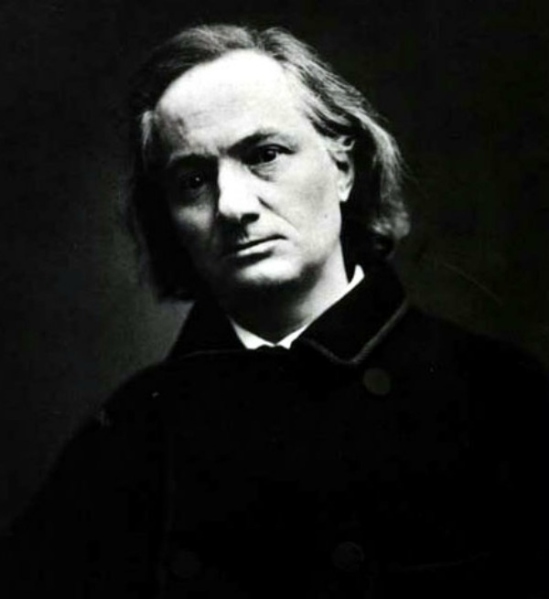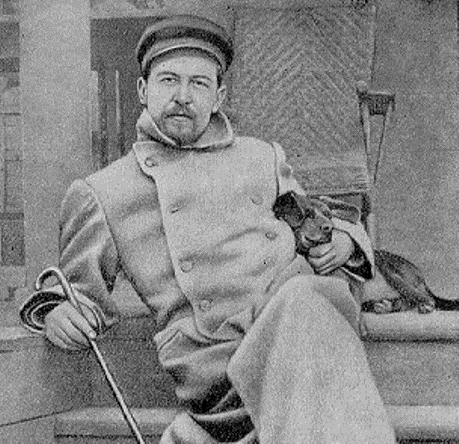Be aware of the difference between denotative words and connotative words.
A denotative word conveys information: "hat," "yellow, " "twenty-five, " "book," "cat," "big." Such words speak to the practicalist in us, to the data bank and statistician. A connotative word, on the other hand, is calculated to arouse emotional response, to give a fillip to imagination, to project a mood in our hearts and/or on our senses. To denote a woman, I can refer to her as a "female," a "teacher," or a "customer." I can also speak of her as a "bimbo," a "maiden," or a "luminous creature," all connotative.
The distinction between denotative and connotative, then, is that connotative words express a writer's opinions and personal feelings while denotative words state the facts. As a careful writer, you will be aware of these subtle, yet significant, differences.
For example, if you refer to a person as being "tired" you convey a matter-of-fact, denotative message. If you describe the person as being "weary," the image becomes more personalized, as it does with the terms "drained" or "burned-out." These words are all synonyms, perhaps. Yet each carries a different degree of emotional charge. Be aware of what these charges are and use them knowingly. The following verse provides an astutely whimsical example of just how much connotations count, in life as well as in literature:
Call a woman a kitten, but never a cat;
You can call her a mouse, cannot call her a rat;
Call a woman a chick, but never a hen;
Or you surely will not be her caller again.
You can call her a duck, cannot call her a goose;
You can call her a deer, but never a moose;
You can call her a lamb, but never a sheep;
Economic she likes, but you can't call her cheap.
If you can't find the precise word, move on and come back to it later.
Most writers discover this trick on their own, especially if they write on deadlines. Better just to put an X on the problem word, keep writing, and come back later. You'll bring a fresh eye to the decision then, and probably a fine solution.
Which brings up an important rule of thumb for writing practice in general: When your writing is going well,
don't let anything stop your flow. Don't get hung up on the grammatical or factual details. Just leave them, get on with the brainstorming, finish the entire piece, then return to fix the fine points.
Catch Glenn on Twitter
Noir Writer
And Check out the new site for Noir Stories --
Noir Street -- Tales of Shadow and Lust
